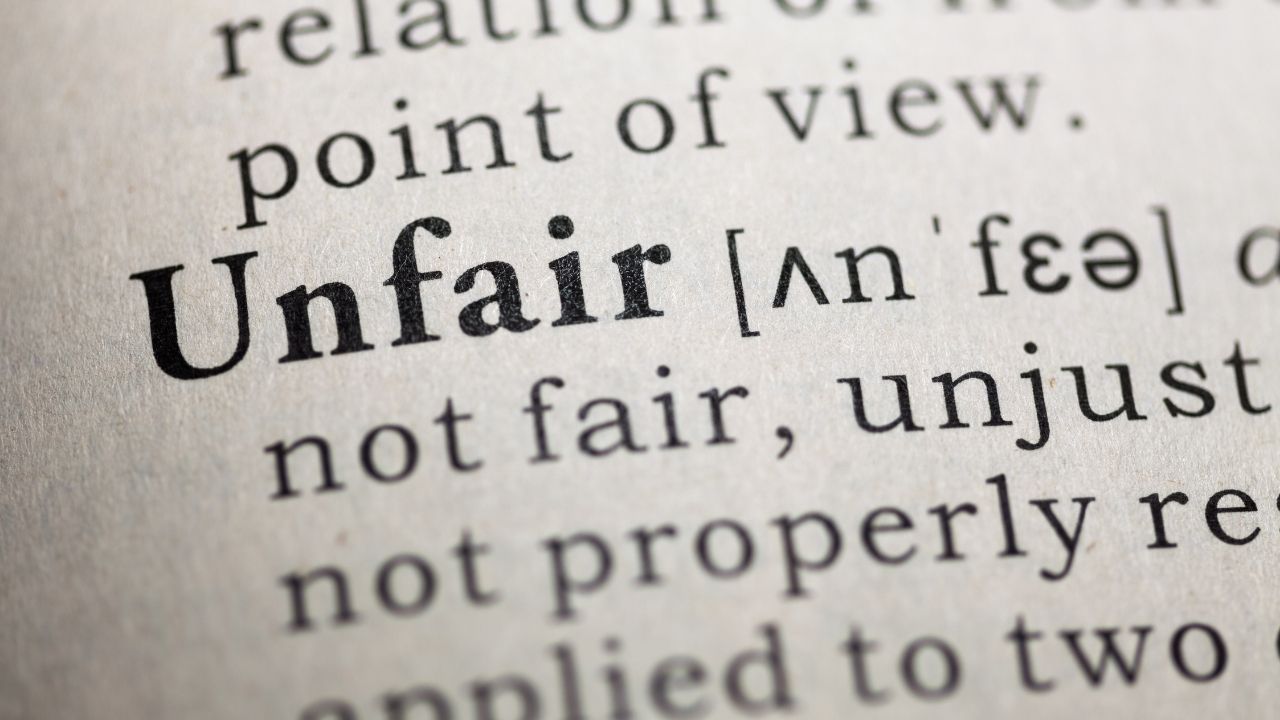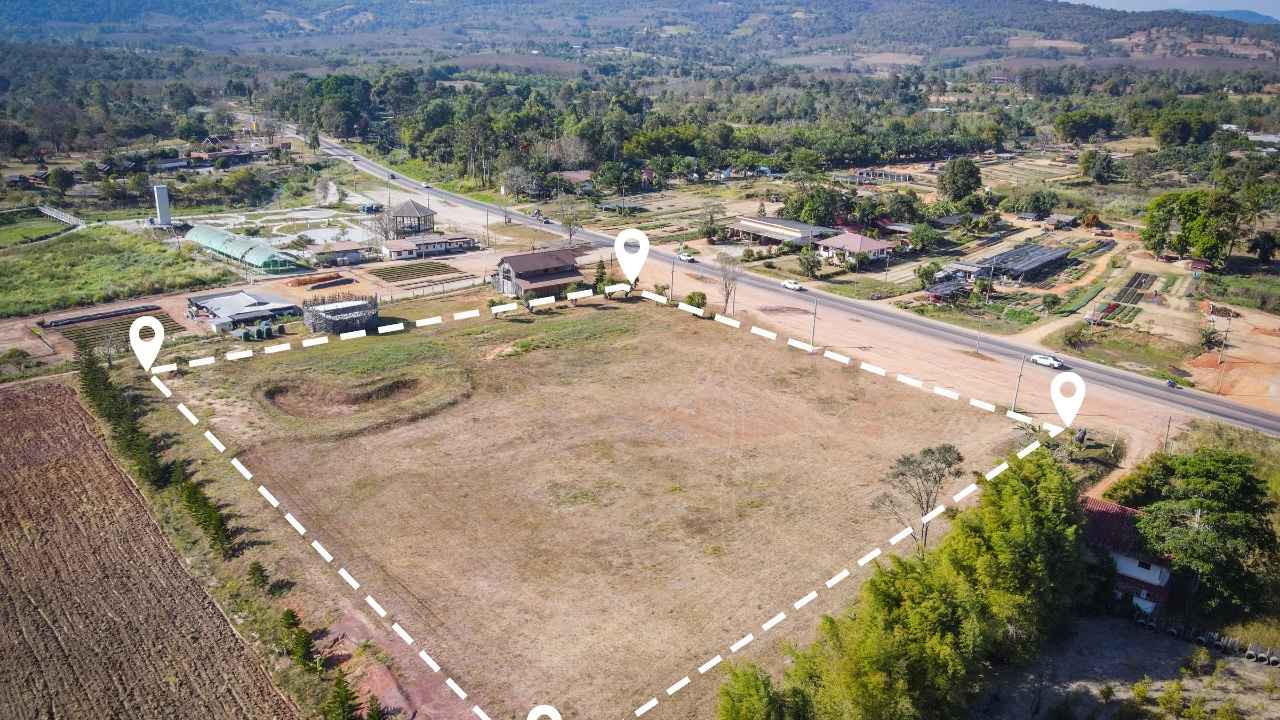On July 22, 2025, the High Court of Justice in England and Wales delivered a comprehensive judgment in Autonomy Corporation and Others v. Lynch and Others ([2025] EWHC 1877 (Ch)), addressing the quantum of damages following the liability findings in the 2022 Main Judgment ([2022] EWHC 1178 (Ch)). This case, arising from Hewlett-Packard’s (HP) $11.1 billion acquisition of Autonomy Corporation in 2011, is a landmark in assessing damages for claims under the Financial Services and Markets Act 2000 (FSMA), deceit, misrepresentation, and breaches of fiduciary duty.
The judgment provides critical insights for companies involved in mergers and acquisitions, particularly regarding valuation methodologies and the legal implications of financial misstatements.
Case Background
The claimants, including ACL Netherlands B.V. (as successor to Autonomy Corporation) and other HP entities, sought damages against the estate of Dr. Michael Richard Lynch (deceased) and Mr. Sushovan Tareque Hussain, former Autonomy directors, for alleged fraudulent misrepresentations that inflated Autonomy’s value during its acquisition. The 2022 Main Judgment established that Autonomy’s financial position was misrepresented, leading HP to overpay. However, the court found that HP would likely have proceeded with the acquisition at a reduced price in a counterfactual scenario where Autonomy’s true financial position (Revised True Position or RTP) was disclosed, making this a “Transaction case” rather than a “No-Transaction case.”
The quantum hearing focused on determining the loss suffered by HP, addressing FSMA claims, deceit/misrepresentation claims, direct loss claims, and the appropriate currency for damages. The court’s analysis centered on recalibrating HP’s Deal Model, a Discounted Cash Flow (DCF) valuation, to reflect Autonomy’s RTP, and assessing the revised bid price HP would have paid.
Key Issues and Findings
FSMA Claims
The FSMA claims required constructing a counterfactual where Autonomy’s financial statements were accurate, impacting its share price and HP’s bid. The experts, Mr. Bezant (for HP) and Mr. Giles (for the defendants), disagreed significantly, with a $3 billion gap in their DCF valuations of Autonomy’s standalone value. Mr. Bezant estimated a standalone value of $5.834 billion (excluding net cash), down from $9.502 billion in the Represented Position, while Mr. Giles valued it at $10.146 billion, arguing that accounting adjustments had minimal impact on cash flows.
Key disputes included:
- Bank of America (BoA) Transaction: The court rejected Mr. Giles’s inclusion of $9.9 million in Q1 2011 IDOL Product revenues, finding it inconsistent with accounting standards, reducing the valuation impact.
- IDOL Cloud Revenue Growth: Mr. Bezant’s conservative growth projections (2.5–2.7 times from 2011–2021) were preferred over Mr. Giles’s higher estimates, reflecting a more realistic assessment of Autonomy’s cloud business.
- Synergies and Bid Price: The court assessed that HP’s perceived synergy value would be reduced in the RTP due to a less attractive business mix, estimating a revised bid price of approximately $7.1 billion, resulting in a FSMA loss of $3.728 billion.
Deceit and Misrepresentation Claims
For the deceit and misrepresentation claims, the court rejected the claimants’ initial contention of a “No-Transaction case” for the defendants’ 7.4% shareholding, finding it inconsistent with the FSMA “Transaction case” counterfactual. The court held that the defendants’ shares would have been sold at the same price as the remaining 92.6% of Autonomy’s shares, calculating a loss of £51,698,505 (sterling) for these claims.
Direct Loss Claims
The direct loss claims involved breaches of fiduciary duty by the defendants to Autonomy group companies (Autonomy Inc, ASL, and Zantaz). The court awarded:
- Hardware Sales: $21,283,486 for losses from improper hardware transactions, rejecting the defendants’ claim for a $10 million credit due to insufficient evidence.
- Reciprocal Transactions: $20,665,354 for losses from transactions lacking commercial purpose.
- VAR Transactions with MAFs: $8,797,546 for payments to value-added resellers by ASL and Autonomy Inc, with an additional $947,000 against Mr. Hussain for Zantaz.
- Hosting Transactions: $5 million against Mr. Hussain for losses from restructured hybrid hosting deals, significantly discounted from the claimed $24,835,156 due to unproven assumptions about customer behavior and data storage trends.
Currency of Loss
The court determined that the FSMA and misrepresentation losses were best expressed in US dollars, as HP/Bidco funded the acquisition primarily in dollars. Autonomy Inc’s direct losses were also in dollars, while ASL’s losses were in sterling, and Zantaz’s in dollars. The final dollar quantification awaits further submissions on crystallization timing.
Implications for Businesses
This judgment underscores the complexity of quantifying damages in M&A disputes involving financial misstatements. Key takeaways include:
- Valuation Challenges: DCF valuations, while critical, rely heavily on subjective assumptions, particularly for terminal value and growth rates, which can significantly affect outcomes.
- Counterfactual Consistency: Courts will reject inconsistent counterfactuals across claims, ensuring a coherent approach to loss assessment.
- Director Liability: Directors face significant personal liability for breaches of fiduciary duty, especially in transactions designed to inflate financial metrics.
- Currency Considerations: The choice of currency for damages is fact-specific, requiring claimants to prove the currency in which losses were truly felt.
Recommendations
- Robust Due Diligence: Conduct thorough financial and operational due diligence to verify target company representations.
- Transparent Reporting: Ensure compliance with accounting standards to avoid misrepresentation claims.
- Expert Valuation: Engage valuation experts early to model realistic counterfactual scenarios and assess synergies.
- Legal Oversight: Seek legal advice to navigate director duties and potential liabilities during M&A processes.
Postscript
The judgment notes the tragic deaths of Dr. Lynch and others in a yacht accident in August 2024, following his acquittal in a US criminal trial. This necessitated procedural adjustments, with the court appointing an administrator for Dr. Lynch’s estate to continue the proceedings.



